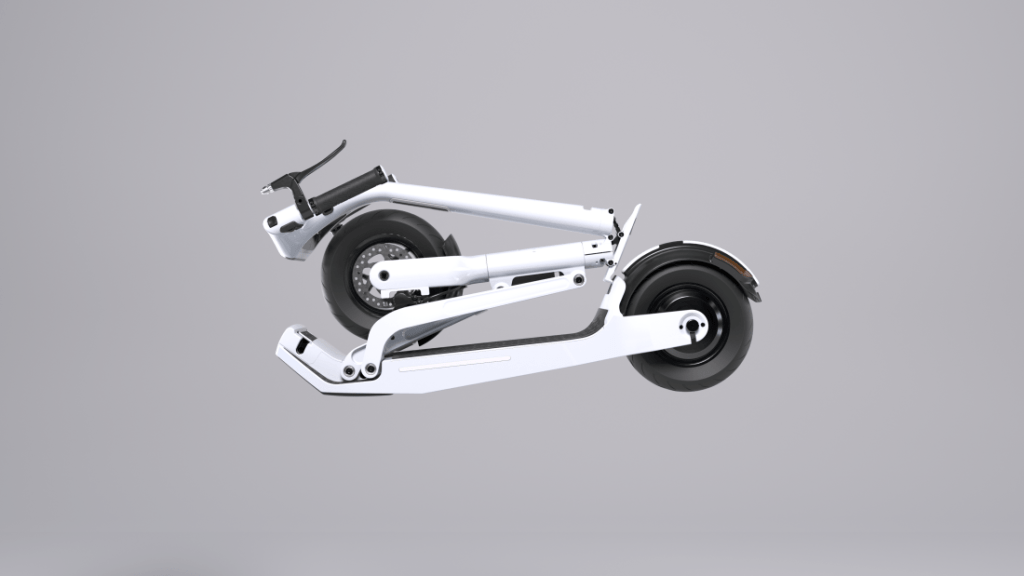Over 50 organisations urgently call on UK Government to address e-scooter legislation
Comments Off on Over 50 organisations urgently call on UK Government to address e-scooter legislationMore than 50 organisations have signed a letter to the UK Prime Minister Rishi Sunak, calling on the government to establish a timeline for e-scooter legislation.
Environmental charities, local authorities, disabled people’s organisations, micromobility operators, and retailers have signed a joint letter from Now Collaborative Mobility UK (CoMoUK) to encourage the government to expedite the progression of this legislation.
Currently, rental e-scooters are exclusively accessible through government-approved trials available in approximately 23 towns and cities across England, while the use of privately-owned e-scooters on public roads remains prohibited by law.
The UK stands as the only developed nation lacking either permanent legal frameworks for e-scooters or definitive commitments towards plans to legalise them.
The letter sent to Mark Harper MP, Transport Secretary and Jesse Norman MP, Minister of State reads: “Currently e-scooter trials are due to end after May 2024. These trials are ingrained into local transportation systems enabling thousands of people to get to work, higher education and to run errands. Yet there is no certainty of these trials beyond spring next year now the ability of additional towns or cities to introduce these services.
“The lack of certainty combined with the fact an estimated 750,000 privately owned and unregulated e-scooters are on UK roads underscored the importance of e-scooter legislation being included in this year’s king’s speech.
“Another extension to shared e-scooters does not address private e-scooters. These private vehicles are unlikely to undergo regular maintenance by trained professionals or have government mandated safety features.
“Private e-scooters can cause concern for road users particularly disabled people in addition to potentially being unsafe for riders, however, this is where legislation and regulation can make a positive difference.”
Among the signatories include the Campaign for Better Transport, Clean Cities Campaign, London Cycling Campaign, Major Trauma Group, Northamptonshire Police, Pure Electric, Southampton Sight, Sustrans, Thomas Pocklington Trust, Transport Action Network, Urban Transport Group, and Women in Transport.
Local authorities include Essex County Council, Milton Keynes City Council, North Northamptonshire Council, Somerset Council, West Northamptonshire Council, and West Yorkshire Combined Authority have also lent their support.
Leading micromobility operators such as Voi, Beryl, Dott, Ginger, Lime, Superpedestrian, Tier, and Zwings have additionally signed the initiative.
In a statement to Zag Daily, Richard Dilks, the Chief Executive of CoMoUK, emphasized, “While we appreciate the government’s prior inclusion of this commitment in the Queen’s Speech, it is disheartening that we are yet to witness the enactment of legislation establishing a distinct class for powered light vehicles. Consequently, the UK now finds itself significantly trailing neighboring nations with comparable circumstances.”
A recent independent survey conducted by Voi, involving 2,000 respondents aged between 18 and 64, found that more than 80% of the general public support new regulatory measures for e-scooters, while over 70% expressed a desire for the implementation of these regulations prior to the next General Election, which is likely to be held next year.










